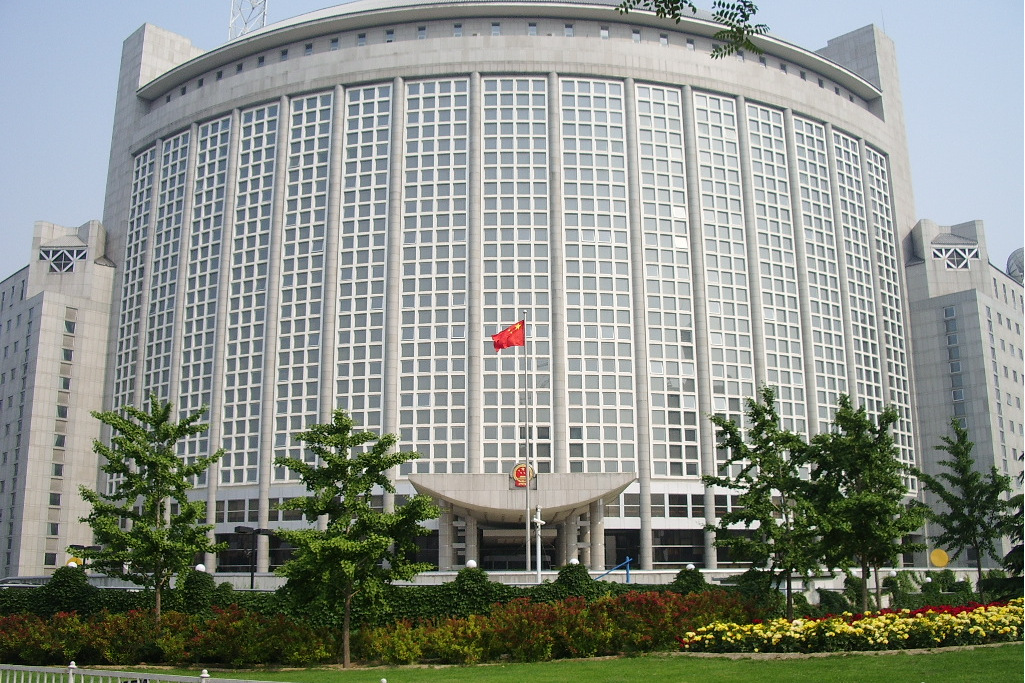
Currently, service fees are only charged on requests coming from the U.S. and Canada on a reciprocal basis and at the equivalent amount.
This post was first published in CJO GLOBAL, which is committed to providing consulting services in China-related cross-border trade risk management and debt collection. We will explain how debt collection works in China below.
For the request from the U.S., the service fees are charged with the rate of 95.00 USD per recipient in China. For the request from Canada, the service fees are charged with the rate of 100.00 CAD per recipient in China. These fees should be paid by wire transfer according to the new rule of the Supreme People’s Court of China and the detailed payment information is as follows:
Beneficiary name: THE SUPREME PEOPLE’S COURT OF CHINA
Account number: 11200314040000138
Beneficiary Bank: Agricultural Bank of China Beijing Branch
SWIFT: ABOCCNBJ010
The address of the Beneficiary bank: Block A, Xinyang Commercial BLDG, No.1 Zhushikou E, ST, Dongcheng District, Beijing, China
Please specify in the note column the identity of the addressee during the wire transfer. Meanwhile, a receipt or a photocopy of the wire transfer shall be attached with the service request.
Source: Ministry of Justice of the People’s Republic of China, the Most Frequently Asked Questions and Answers (posted on HCCH), available at https://www.hcch.net/en/states/authorities/details3/?aid=243.
* * *
Do you need support in cross-border trade and debt collection?
CJO Global's team can provide you with China-related cross-border trade risk management and debt collection services, including:
(1) Trade Dispute Resolution
(2) Debt Collection
(3) Judgments and Awards Collection
(4) Bankruptcy & Restructuring
(5) Company Verification and Due Diligence
(6) Trade Contract Drafting and Review
If you need our services, or if you wish to share your story, you can contact our Client Manager Susan Li (susan.li@yuanddu.com).
If you want to know more about CJO Global, please click here.
If you want to know more about CJO Global services, please click here.
If you wish to read more CJO Global posts, please click here.
Photo by Shiqi ZHAO on Unsplash
Contributors: Meng Yu 余萌









